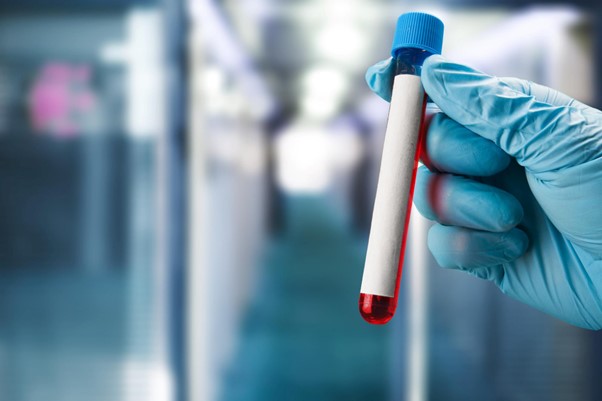
Liver function tests are simple blood tests that check how well your liver works. These tests help doctors find problems early. Because your liver is vital for health, keeping it healthy is important. Many people ask, “Why get a liver function test?” The answer is simple. Liver function tests can spot issues before you feel sick. In many cities, you can easily get liver function tests as part of regular health screening.
Liver function tests measure different chemicals and proteins in your blood. These tests show if your liver is working as it should. For example, they check levels of enzymes, proteins, and bilirubin. If any of these are too high or too low, it may mean your liver is not healthy. Doctors use these tests to look for signs of liver damage or disease.
First, your liver does many jobs. It helps digest food, removes toxins, and stores energy. Because of this, liver health is key to your overall well-being. Liver function tests are important because they:Detect liver problems earlyHelp track ongoing liver conditionsGuide doctors in choosing the right treatmentMonitor side effects of certain medicines
According to the CDC, early testing can prevent serious liver problems later on.
Liver function tests offer many benefits for your health. For instance, they can:Find liver diseases before symptoms appearHelp manage chronic conditions like hepatitisCheck if treatments are workingShow if your liver is affected by alcohol or medicines
Because these tests are quick and safe, they are a smart choice for regular health checks.
Doctors may suggest liver function tests for many reasons. For example, you may need them if you:Have symptoms like yellow skin or eyes (jaundice)Feel tired or weak for no clear reasonTake medicines that can affect the liverHave a family history of liver diseaseDrink alcohol oftenHave certain infections, such as hepatitis
Sometimes, doctors recommend these tests as part of a routine health check, especially if you have risk factors.
Getting a liver function test is simple. First, a nurse or technician will draw a small amount of blood from your arm. The process usually takes only a few minutes. You may feel a quick pinch, but it is not very painful. After the test, you can return to your normal activities right away. Most people do not have any side effects. Your doctor will explain the results and what they mean for your health.
Liver function test results can show early signs of liver disease. For example, high enzyme levels may mean your liver is inflamed or damaged. If problems are found early, doctors can start treatment sooner. This can prevent serious health issues later. Regular liver health screening is a good way to catch problems before they get worse. According to the World Health Organization, early detection leads to better outcomes.
Keeping your liver healthy is important for your whole body. Here are some tips to help:Eat a balanced diet with plenty of fruits and vegetablesLimit alcohol and avoid illegal drugsExercise regularly to maintain a healthy weightTake medicines only as prescribedGet vaccinated for hepatitis if recommendedWash your hands often to prevent infections
With these habits, you can support your liver every day.
Prevention is always better than cure. For this reason, regular liver function tests can help you stay ahead of problems. If you have risk factors, talk to your doctor about liver health screening. Early intervention can stop liver disease from getting worse. Remember, simple steps today can protect your health tomorrow.
Liver function tests are a key part of staying healthy. They help find problems early and guide treatment. If you have questions about your liver health, consult a healthcare specialist to learn if liver function tests are right for you.